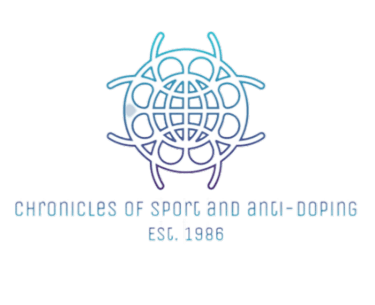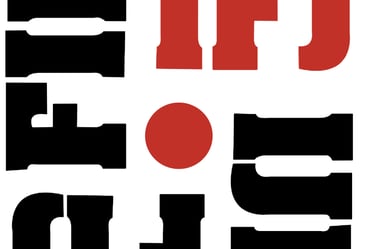Weightlifting President Receives Life Ban for Doping Cover-ups


The former president of weightlifting, Tamás Aján of Hungary, has been handed a life ban for his involvement in covering up doping cases that plagued the sport for years. The Court of Arbitration for Sport found Aján guilty of charges related to tampering, fraudulent conduct, and complicity in concealing the truth.
The scandal unfolded after German network ARD aired allegations in January 2020, which were subsequently verified by renowned anti-doping investigator Richard McLaren. The revelations exposed a dark underbelly within weightlifting, tarnishing the reputation of the sport and its governing body.
Aján's ban signifies a significant blow to the weightlifting community, as he had held the position of president for over four decades. During his tenure, the sport experienced numerous doping scandals, with athletes testing positive for banned substances. However, instead of addressing the issue head-on, Aján chose to cover up these cases, perpetuating a culture of deceit and dishonesty.
The Court of Arbitration for Sport's decision to ban Aján for life sends a clear message that such unethical behavior will not be tolerated. It serves as a warning to other sports officials that they will be held accountable for their actions, no matter how powerful or influential they may be.
The weightlifting community must now confront the fallout from these revelations and work towards rebuilding its integrity. Steps need to be taken to ensure that doping cases are handled transparently and that athletes are competing on a level playing field.
While this scandal has undoubtedly cast a shadow over weightlifting, it also presents an opportunity for positive change. The sport has the chance to reestablish itself as a clean and fair competition, free from the shadow of doping. This will require a collective effort from athletes, coaches, officials, and governing bodies to prioritize anti-doping measures and promote a culture of integrity.
It is crucial that weightlifting learns from this dark chapter in its history and takes decisive action to prevent similar incidents from occurring in the future. The focus should be on the well-being of the athletes and the integrity of the sport, ensuring that weightlifting can regain the trust and respect it deserves.
The life ban imposed on Tamás Aján serves as a turning point for weightlifting, marking the beginning of a new era where transparency, fairness, and clean competition are paramount. It is now up to the weightlifting community to seize this opportunity and rebuild the sport on a foundation of trust and integrity.




